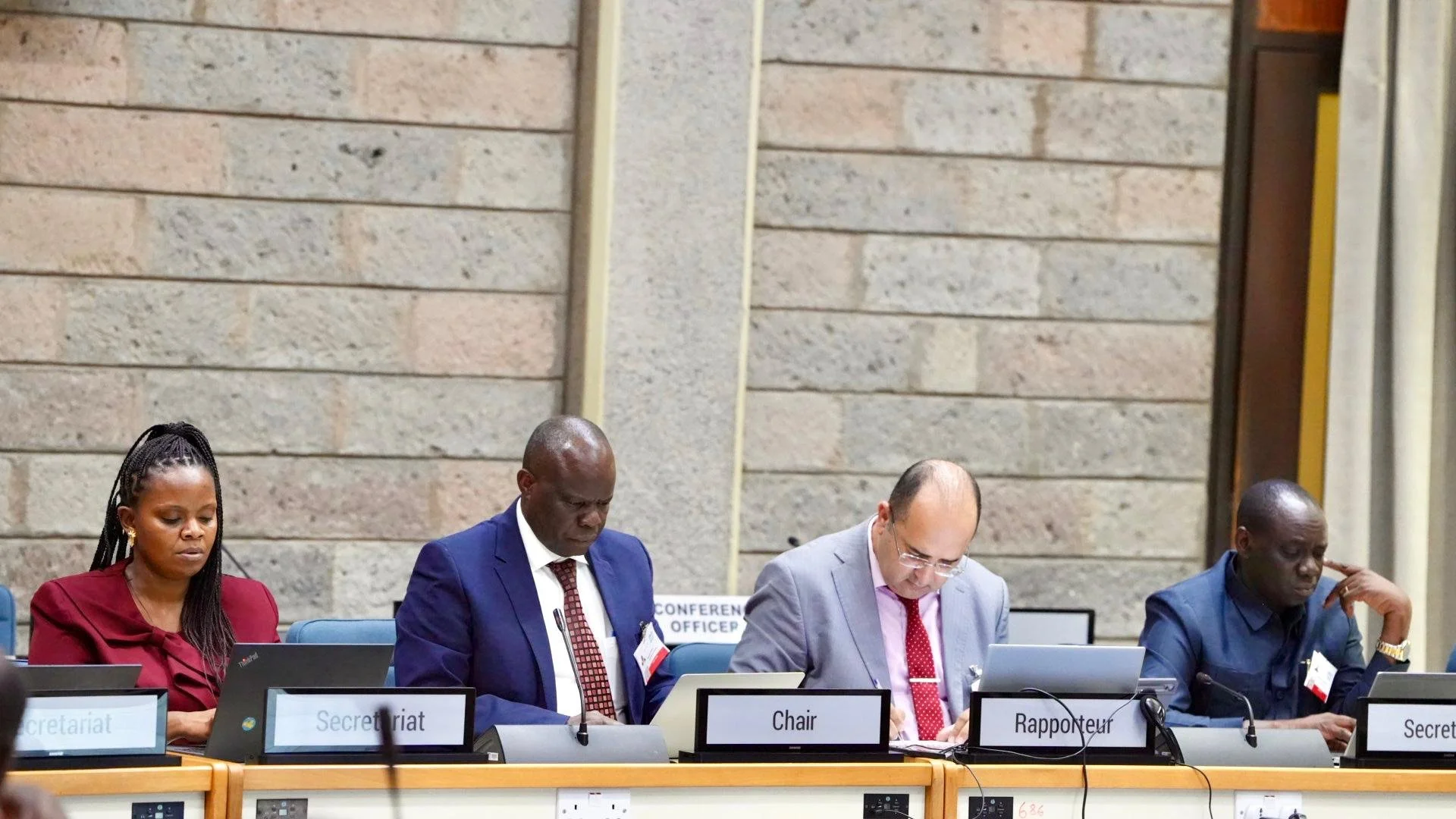At Amcen-20, the Drc Calls for Ecocide to Be Recognised as a Crime
In a move that could mark a shift in Africa’s environmental diplomacy from protection to prosecution, the Democratic Republic of Congo urges Africa’s leaders to recognise the mass destruction of ecosystems as a crime.
The Democratic Republic of Congo (DRC) has urged delegates at the 20th African Ministerial Conference on the Environment to formally criminalise ecocide, defined as the mass destruction of ecosystems, in what could be a watershed moment for environmental governance across the continent.
The DRC said Africa’s ecological wealth is being desecrated by powerful external actors who extract resources with no regard for the environmental or social cost. It said that, from illegal logging and reckless mining to pollution of rivers and destruction of biodiversity hotspots, the continent is bleeding green; and that, despite decades of summits, frameworks, and speeches, those responsible continue to act with impunity.
The DRC's push comes from direct experience. As home to the Congo Basin, one of the world’s most important carbon sinks and biodiversity reservoirs, the country is on the frontline of the environmental assault. Its forests are vanishing, its rivers are turning toxic, and its communities, many of whom rely directly on nature to survive, are paying the price in lost livelihoods, displaced populations, and a collapsing climate buffer.
By urging AMCEN to recognise ecocide as a crime, the DRC is reframing environmental harm as not just a policy issue, but a justice one as well. It wants Africa to take the lead in holding polluters, whether state, corporate or individual, legally accountable for large-scale destruction. Its calls also align with a growing global campaign to have ecocide added to the list of international crimes under the jurisdiction of the International Criminal Court.
This move could mark a shift in Africa’s environmental diplomacy, from protection to prosecution. The DRC argues that, if the continent is serious about defending its ecological future, then it must be equally serious about confronting those who destroy it.
The challenge now lies with AMCEN and the African Union. Will they pick up the call? Will they name ecocide for what it is; not collateral damage, but criminal conduct? The DRC has drawn the line.

